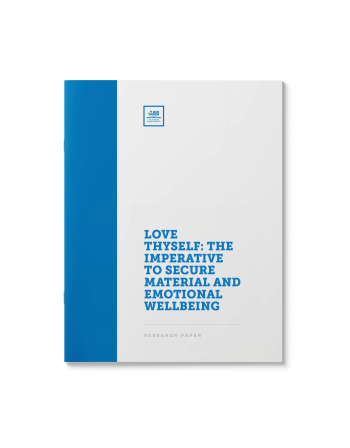Calculated Moves
$75.00
As a complex, strategic game known to improve memory and cognitive abilities, the Jewish attitude to Chess is an intriguing one. Were Torah scholars in favor of this pastime? Are there halachic issues to be aware when playing this game?
| Language | English |
|---|---|
| Paper Type | Research Paper |
| Pages | 37 |
Related Products
What do Torah sources require in maintaining a high standard of cleanliness, particularly with regard to food preparation?
(Hebrew)
What is the purpose of dreams? Are their messages real? Is a dream about a Tzaddik to be considered fact or fantasy?
(Includes 88 pages of supplementary material)
Eretz Yisroel is distinguished as “The Land G-d, your G-d, watches over; The eyes of G-d, your G-d, are always upon it, from the beginning of the year to the end of the year” (Devarim 11:12).
Settling the land of Israel is regarded by some authorities as a personal imperative, while others point to its intense holiness as a reason for caution.
An assortment of articles and letters.
A Yeshiva is the mainstay of the Jewish community. The Rebbe would often encourage people to support Yeshivos in a myriad of ways, be it by encouraging enrollment, assisting with financial support, and the like. This features a collection of the Rebbe’s talks on the importance of supporting Yeshivos.
Does smoking violate our responsibility to protect our bodies? What about drinking alcohol? Do drugs fall into the same category? This paper examines the parameters of shmiras haguf and extracts the principles that inform halacha’s approach to the various ways of harming oneself.
Joy is one of Judaism’s highest placed values. See why from a range of perspectives including halacha, mussar, and Chassidus. The Baal Shem Tov’s unique emphasis on simcha rounds out this broad discussion.
In recent decades, thousands of Jews have gravitated to the East in pursuit of spiritual enlightenment. More recently, several Eastern Practices have been secularized, popularized, and repackaged as physical and meditative exercises. Does this make them kosher? Which practices are problematic and should be avoided? And what was the Rebbe’s response to the popularization of Yoga and Transcendental Meditation back in the ’70s?
(67 pages)
Submitted by a Shliach in New York
People drink to socialize, celebrate, and relax. Alcohol often has a strong effect on people – and throughout history, our people has seen both the ills and the virtues of wine and alcohol consumption. What do the traditional Torah sources say about this?
A look at the halachic status of those with mental and physical disabilities, such as autism and deaf-muteness.
What are the challenges that the physically and mentally disabled face in observing Jewish law? Are exceptions made? How does halacha balance its obligations to the Torah and to man?
An interesting look at man’s obligations to himself. What does Jewish law demand of him to do to better his lot in life? A survey of the financial, emotional and health precautions that one must take.
The Rambam is famous for suggesting that the unique status of the tribe of Levi can be shared by all those who devote their lives to Torah study while relying on others for their livelihood.
Many have sought to reconcile this lifestyle with various rulings of the Talmud and Shulchan Aruch, as well positions of Rambam elsewhere. What are the arguments for and against?














